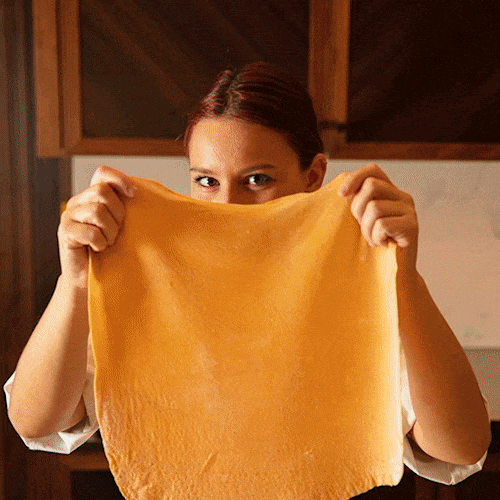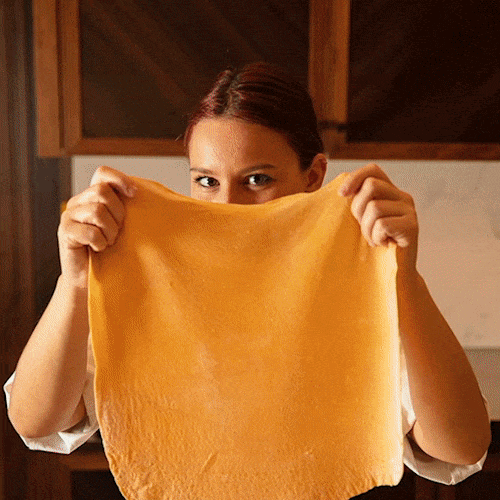As tutors, we are often asked how best to support a child in their preparation for senior school. For many, this means sitting competitive 11+ exams in Year 6. These assessments are challenging but need not be stressful if tackled sensibly. Starting preparations early is the best way to ensure that your child is a calm, confident and successful candidate.
The 11+ is the culmination of everything that has gone before; that is to say, every skill learnt throughout a child’s education until Year 6. With that in mind, it is not something to ‘cram’ or study intensively for in the run-up to exams, but rather a goal to work towards steadily and long-term.
Year 3:
In Year 3 (and prior), the essential skill to cultivate is reading. The most confident and enthusiastic readers generally perform very well in future assessments; they have strong analytical and interpretive skills, a good understanding of the world and a vast vocabulary - all of which are invaluable in the 11+ (and beyond). Reading should be a daily habit, and pupils should be encouraged to enjoy as wide a range of books as possible, both fiction and nonfiction, classical literature and modern novels. Pupils of this age need not even be aware of the 11+, but they will be strengthening vital skills every time they open a book.
Year 4:
In Year 4, parents often start to consider which sorts of senior schools may suit their children. By this point, a pupil’s strengths and weaknesses will be clear, and many families engage a tutor to start gentle 11+ preparation. This does not mean working on past papers and mock tests - far from it - but building an excellent set of skills that will form the basis of all future assessments.
Maths:
Year 4 is the time to become completely fluent with times tables and number facts, work on speedy mental arithmetic, and perfect written calculations. Fun card games, quick quizzes and short-timed tests all work well; the goal is for answers to be fast and accurate every time. If a child is confident and consistent in their calculations by the end of Year 4, they will be in a great position to start tackling the harder, exam-style problems that will be introduced in Year 5.
English:
As for English, it is a good idea to address any spelling, grammar and punctuation issues in Year 4. Refining these skills will allow pupils to develop their writing through Years 5 and 6 without their written style being impeded by errors.
Year 4 is also a great time to start actively learning new words. Vocabulary is a vital aspect of the 11+ and is best acquired over time - trying to memorize new words in the weeks before the exams is generally unhelpful. Whilst reading is the best way to pick up new vocabulary, fantastic resources are available such as flashcards, games, and fun workbooks.
As always, plenty of reading is essential. Despite their growing independence, it is still valuable for Year 4 children to read aloud with an adult and practice sharing their opinions, thoughts and predictions about their books.
Reasoning:
Verbal and non-verbal reasoning can be introduced in Year 4, if not before. Reasoning lends itself to short, frequent practise sessions, and if presented as word and picture puzzles (rather than exam prep), most pupils find it accessible and fun. Whilst reasoning papers are designed as a test of innate rather than ‘learned’ skill, there is no doubt that familiarisation with these types of questions can improve a pupil’s speed and score.
As a side note, many independent schools have their pupils sit CAT (reasoning) tests in Years 4 and 5. These results will likely inform the school’s 11+ recommendations and may even be shared with prospective senior schools, so it is well worth being prepared.
Year 5:
The beginning of Year 5 is an opportune time to start more structured and specific 11+ preparation. During this year, it becomes appropriate to introduce practice papers and work on exam techniques, which is something that pupils often struggle with initially.
Maths:
During Year 5, pupils are still covering the 11+ (Key Stage Two) syllabus at school, so full papers may not yet be accessible. It is still helpful to start familiarisation with easier papers (try 10+) and have children work through questions with an adult; they will soon see that they can already answer many of them. This will also highlight any areas of difficulty - the ‘fractions, decimals and percentages’ topic is critical for 11+ and often needs further practice.
A complete, hour-long maths paper (some are 20 pages or more) can be daunting, so it is not recommended to start practising under exam conditions until the child is confident in their skills and topic knowledge - probably towards the end of Year 5. There is no point in working to a time limit if the child cannot achieve a high score when time is unrestricted! Therefore, it is better to spend the majority of Year 5 building confidence with tricky questions and only tackling full, timed papers much later in the year.
English:
Much like maths, full papers can be introduced in Year 5 and should ideally be tackled together with an adult who can demonstrate sound techniques and help produce ‘model’ answers. 11+ comprehension requires specific strategies, not least understanding how to interpret and apply the mark scheme. Pupils should practice both written and multiple-choice comprehension, fiction and nonfiction (this is why diverse reading material over the preceding years is so important!).
As for creative writing, exam questions can be quite different from the writing that is regularly done at school - pupils may only have 30 minutes to plan and write and must focus on showcasing their best techniques rather than telling a long story. This takes a great deal of practice, and a tutor’s support can be invaluable in helping a pupil enhance their written style.
Reasoning:
Reasoning should by now be a regular practice in a pupil’s study routine. Year 5 is the time to start completing longer papers and working under time pressure, as the reasoning element of the 11+ often requires candidates to work very quickly. Online testing platforms such as ATOM Learning can be beneficial here.
Vocabulary is also critical. Of course, new words are acquired naturally over the years. Still, in Year 5, it is prudent to take a more targeted approach, perhaps using specific workbooks, learning synonyms and antonyms, and incorporating advanced vocabulary into daily life and written work.
Year 6:
By the beginning of Year 6, there are only a few months to go before the assessments. The key thing during this time is to stay confident and motivated.
Full past papers can now be completed unaided, and feedback must be carefully reviewed each time. There is no point in sitting one mock after another without understanding which mistakes have been made, so going through completed papers with an adult and making corrections is vital. Papers can even be completed twice, with the improved score (hopefully!) the second time around proving a significant confidence boost. In the same way, it is a good idea to keep any past papers from favourite school choices until last - if the pupil can get a solid score, this will make them feel ready for the real thing. Equally, a low score could be demoralizing, so it is best not to push too hard with new material or too-difficult papers in these last months.
Lastly, almost all schools will also interview their 11+ candidates. Some gentle preparation can also be helpful here - not rehearsing fixed answers but practising expressing opinions and explaining ideas. Pupils should be able to talk about their favourite books and subjects, hobbies, passions and ambitions, and should be able to speak confidently and politely when meeting new adults. Hopefully, these skills will already have been picked up throughout their years at primary school, and it is not recommended to prepare too rigorously. The senior school will much prefer to meet a pupil with their natural personality shining through, rather than a child reenacting an overly-polished performance.
As for optimizing the final few days before exams, further written mocks are unlikely to be helpful. Pupils should read, relax and sleep - the hard work has already been done, and all that remains is to attend the assessments feeling confident, well-rested and ready.
For more information or assistance, please contact Quintessentially Education or Lauren Williams.





